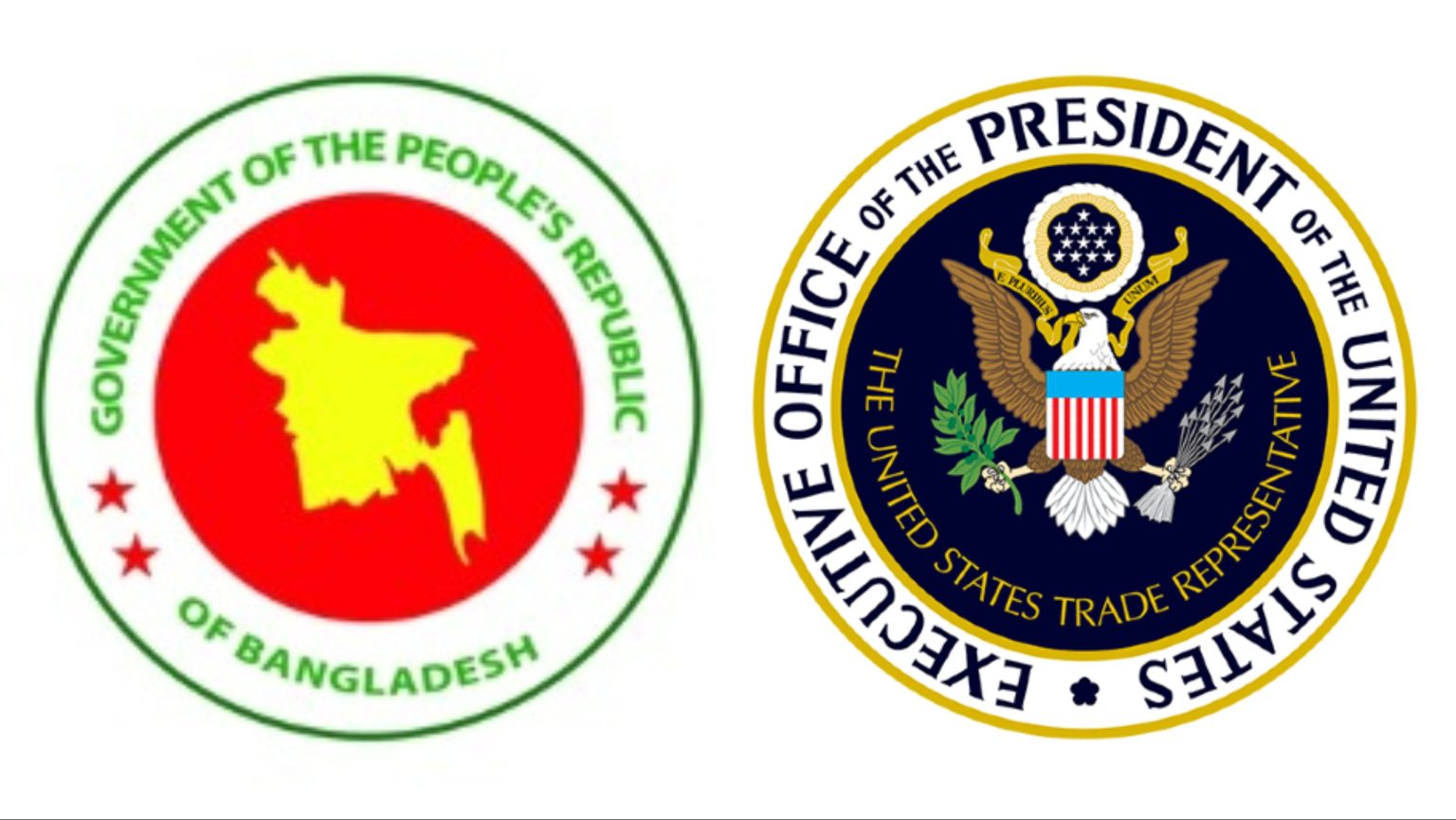Bangladesh is set to pledge $1.5 billion in additional imports from the United States over the next 12 to 18 months. It includes a deal to purchase 25 aircraft from aerospace giant Boeing—as part of its strategy to ease
the 35 per cent countervailing tariff recently imposed by the Trump administration on Bangladeshi exports.
The move is aimed at addressing Washington’s concern over trade imbalances, with the government projecting that total annual US imports could rise by as much as $3 billion during the period.
A high-level delegation led by Commerce Adviser Sheikh Bashiruddin departed Dhaka for Washington on Monday evening to begin the third round of negotiations with the United States Trade Representative (USTR). The delegation includes National Security Adviser Khalilur Rahman, Commerce Secretary Mahbubur Rahman, and Additional Secretary Dr Nazneen Kausar Chowdhury. The delegation will meet with senior USTR officials for three days—Tuesday through Thursday—to discuss tariff relief, mutual trade expansion, and a possible framework agreement on bilateral economic cooperation.
According to the Ministry of Commerce, Bangladesh exported $8.7 billion worth of goods to the US in FY2024–25 while importing $2.7 billion—leaving a $6 billion surplus in Dhaka’s favour. This imbalance is among the primary reasons behind Washington’s tariff hike on Bangladeshi exports.
To offset the gap, Bangladesh has already signed a memorandum of understanding (MoU) to import 700,000 tonnes of wheat annually for five years. It is also planning to ramp up imports of liquefied natural gas (LNG), defence equipment, cotton, and soybean.
“Based on our current plans, imports from the US could rise by $3 billion within 12 to 18 months,” said Commerce Secretary Mahbubur Rahman. “But our immediate commitment during this round of talks will be an increase of $1.5 billion.”
Mahbubur Rahman noted that Bangladesh is better placed than its regional competitors to seek tariff relief. “Vietnam, despite a $123 billion surplus with the US, secured a reduction in its countervailing tariff to 20 per cent. Bangladesh’s surplus is far smaller—just $6 billion—and we have credible plans to reduce it further.”
He expressed optimism that this round of negotiations could pave the way for a formal agreement. While Bangladesh sees the issue strictly as a trade matter, he acknowledged that the US treats tariffs as part of its broader national security framework.
Private sector steps in
In tandem with the government’s push, a private-sector business delegation is also visiting the US to explore further import opportunities. Led by Bangladesh Textile Mills Association (BTMA) President Shawkat Aziz Russell, the team is expected to meet officials of the National Cotton Council of America (NCCA) to discuss resuming large-scale cotton imports.
“Three years ago, we were importing $1.8 billion worth of US cotton annually. Returning to that level could reduce our trade surplus by $1 billion alone,” Mahbubur Rahman noted.
Additional meetings are scheduled with US suppliers of soybean and wheat. Some Bangladeshi importers are already in the US, while others plan to join virtually. These efforts by the private sector are expected to reinforce the government’s formal commitments and demonstrate Dhaka’s intent to balance trade.
Geopolitical backdrop
Since his return to the White House, President Donald Trump has reimposed punitive tariffs on countries with large trade surpluses with the US. Bangladesh, though a smaller trading partner, was not exempt—facing a 35 per cent duty from 1 August, particularly affecting its garments sector.
Under the previous Biden administration, tariff concessions were extended to several countries. But Trump’s renewed “America First” policy ties tariff relief to concrete import increases, strategic alignment, and efforts to reduce bilateral trade gaps.
Against this backdrop, Bangladesh has stepped up its trade diplomacy—blending high-level negotiations, market access offers, and private-sector engagement—to make a compelling case for lower tariffs.
With Washington increasingly treating trade policy as a national security tool, Dhaka is banking on its Boeing deal, food and energy import commitments, and balanced diplomacy to secure a favourable outcome.


